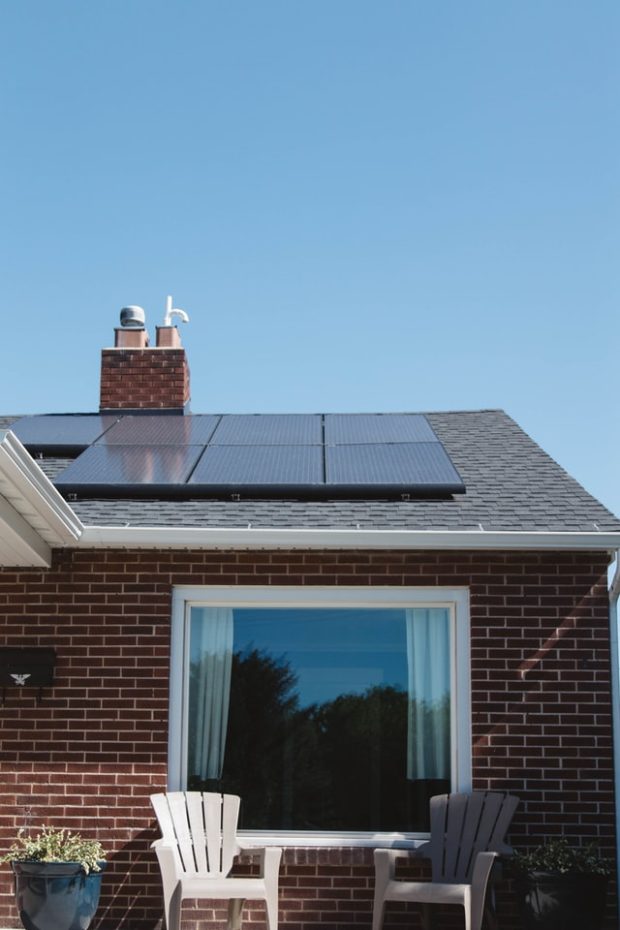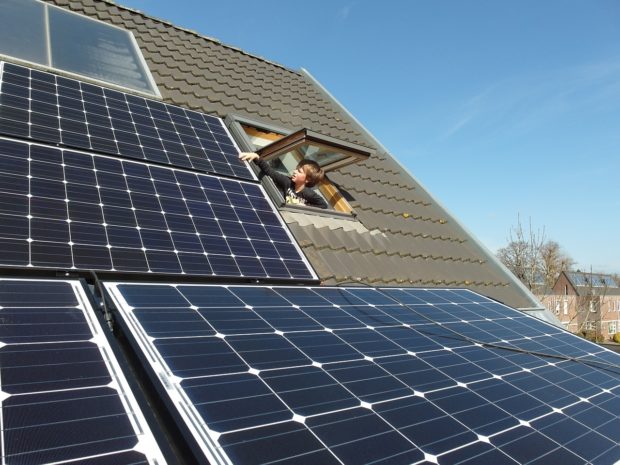Solar energy is rapidly transforming the way we power our homes and communities. As a clean and renewable source, it offers a myriad of advantages, ranging from environmental benefits to financial savings. Through this comprehensive guide, we delve into how solar power has become a crucial player in the drive for sustainability, the economic perks of switching to solar, the increased energy autonomy it affords, and the significant governmental initiatives propelling its adoption. Additionally, we explore the positive impact of solar installations on property values and the exciting technological advancements promising to revolutionize the solar industry even further.
The Sustainability of Solar Energy
Solar energy stands as a beacon of sustainability, playing a crucial role in the global transition toward cleaner energy sources. Unlike fossil fuels, which release harmful carbon emissions, solar power harnesses sunlight—a resource in abundant, perpetual supply—to generate electricity without damaging the environment. The production of solar panels has also seen significant advancements, becoming more energy-efficient and less costly, which further reduces the carbon footprint associated with their manufacturing. Additionally, the longevity of solar installations means that they can provide clean energy for decades, with minimal maintenance and operational costs. This renewable source, therefore, not only conserves our planet’s natural resources but also promotes a sustainable economy by creating green jobs and encouraging technological innovation.

Cost Savings Over Time
Investing in solar energy can lead to substantial cost savings for homeowners over the lifespan of the solar panel system. After the initial installation, the primary source of electricity generation is free—sunlight—which means that monthly energy bills can decrease dramatically. This reduction becomes particularly significant when considering the rising costs of traditional energy sources, which are subject to market fluctuations and resource scarcity. Moreover, the durability of solar panels, often with warranties of 25 years or more, ensures long-term reliability and cost-effectiveness, with less spending on maintenance and repair. These savings can be redirected into other household expenses or savings, making solar power a financially savvy option in the long run.

Independence From the Grid
Beyond economic benefits, solar energy affords homeowners a degree of energy independence that traditional power sources cannot match. With a solar panel system, you become your own energy provider, less susceptible to power outages, increasing utility rates, and the volatility of energy markets. This self-sufficiency becomes particularly vital in areas prone to natural disasters or in rural locations where power infrastructure may be less reliable. Furthermore, modern solar systems can be equipped with battery storage, allowing excess energy to be saved for use during nighttime or on overcast days, further enhancing independence from the grid. As a result, households gain both peace of mind and control over their energy use and costs.
Government Incentives and Grid Credit
Recognizing the importance of transitioning to clean energy, various governments around the world have introduced incentives to encourage homeowners to install solar panels. These incentives often take the form of tax credits, rebates, or grants, which can substantially lower the initial cost of solar energy systems. In addition to direct financial incentives, many regions offer net metering programs, allowing homeowners to sell excess electricity back to the grid. This not only provides an additional revenue stream but also contributes to the overall sustainability of the energy system by feeding clean energy back into the community. Thanks to these government-led initiatives, going solar has become a more attainable goal for many, speeding up the adoption of this eco-friendly technology.
Increase in Property Value
Homeowners who install solar energy systems often benefit from an increase in their property’s value. Solar installations are viewed as upgrades, much like a renovated kitchen or a finished basement, and prospective homebuyers are typically willing to pay a premium for a home with solar panels. Homes with solar energy systems often sell for a higher price tag compared to homes without them. This is not only due to the potential energy savings but also because of the reduced environmental impact, which is an increasingly important factor for many buyers. Moreover, solar-equipped properties often sell faster than their non-solar counterparts, making it a wise investment for homeowners who are mindful of both eco-friendliness and financial gains.
Advancements in Solar Technology
As we continue to innovate, advancements in solar technology are enhancing the efficiency and practicality of solar panels. These innovations include the development of organic photovoltaic cells, which promise lower production costs and greater flexibility in how panels can be installed. Furthermore, breakthroughs like perovskite solar cells are set to outperform existing silicon-based cells in efficiency, suggesting that future solar panels will require less space to generate more power. Moreover, smart solar systems equipped with AI are emerging, capable of optimizing energy collection and distribution in real-time, and thereby maximizing output. These technological leaps not only make solar energy more accessible to the average consumer but also multiply its potential as a cornerstone of global renewable energy infrastructure.
The Installation Journey
When embarking on the journey to harness solar energy, the installation process is a pivotal stage that involves careful planning and professional expertise. The first step is typically a consultation and site assessment conducted by certified solar professionals, like Olson Solar Energy, who will evaluate factors like roof condition, orientation, and shading, to ensure optimal panel placement and performance. These experts possess the necessary skills and tools to design a custom solar solution tailored to your home’s unique specifications. With their help, you navigate the myriad of products on the market and make an informed decision about the types of panels and components best suited for your needs. Once a plan is finalized, professional installers handle the physical installation, adhering to strict safety and quality standards. They also assist with the necessary permits and inspections required by local regulations. By working with seasoned professionals, homeowners are assured that their solar panel systems are installed efficiently, safely, and in compliance with all technical guidelines, laying the foundation for decades of renewable energy usage.
In conclusion, the case for solar energy as a vital component of our sustainable future is compelling. It presents a harmonious blend of environmental stewardship, economic savings, energy independence, and technological innovation. With the continued support of governmental incentives, the increasing value of properties with solar installations, and ongoing advancements in technology, solar power is not just a wise choice for today but a foundational investment for a cleaner, more resilient tomorrow. By working with a professional installation company and enjoying this source of clean energy, we step closer to a sustainable future.
